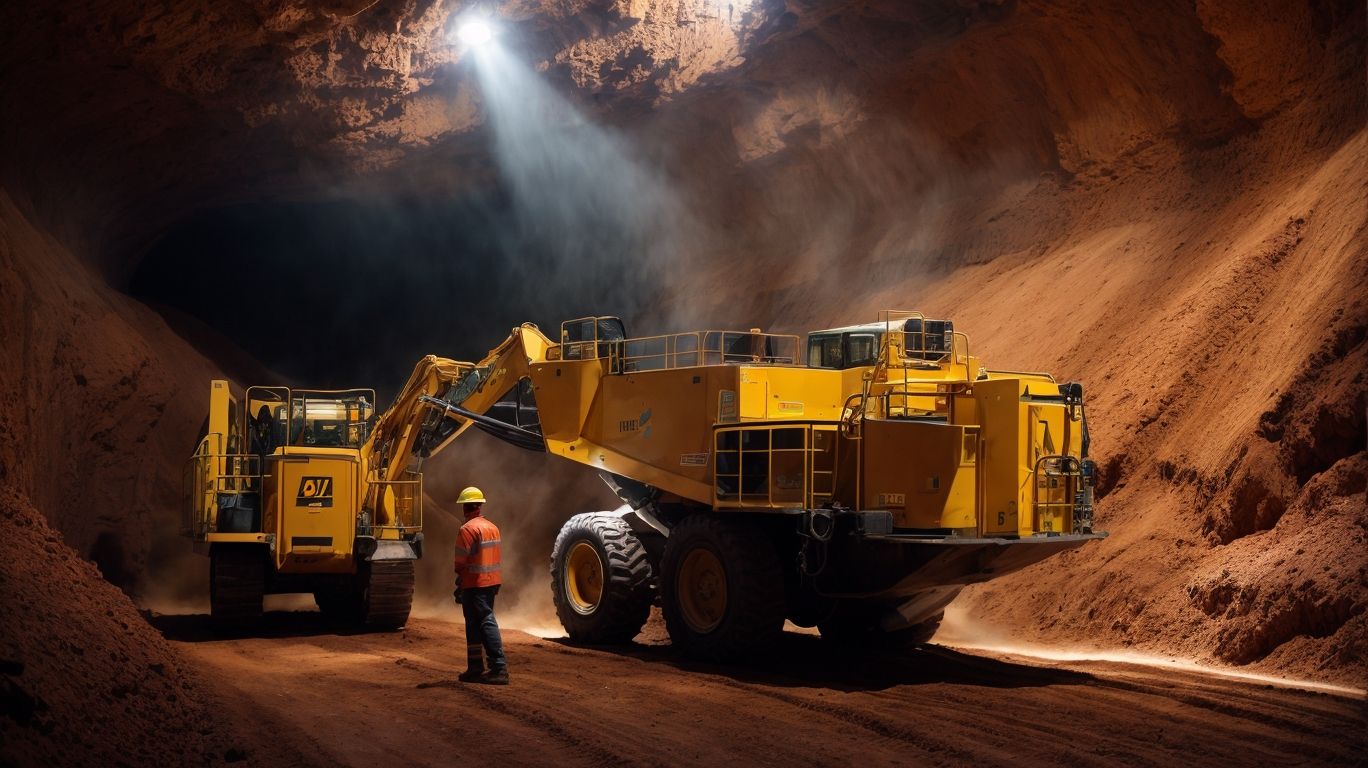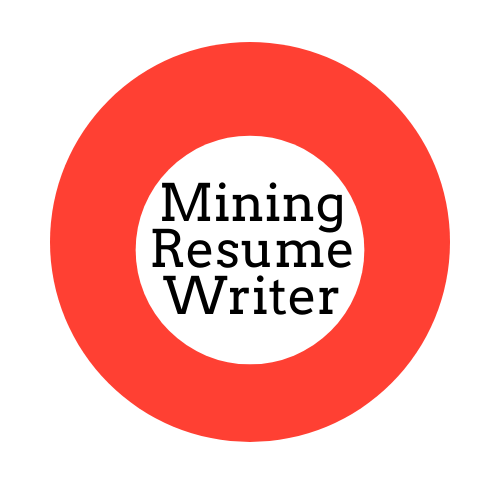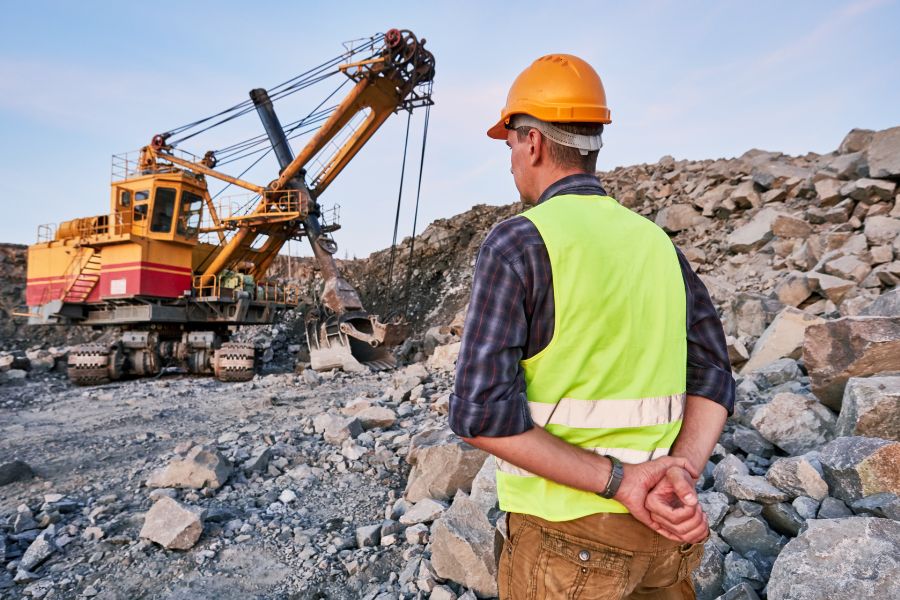Highest Paying Australian Mining Jobs: Chasing the Big Bucks
With the mining industry booming, there is a demand for skilled professionals in various job roles, offering lucrative salaries.
Here are the top paying mining jobs in Australia:
- Mining Engineer
- Geologist
- Drill and Blast Engineer
- Metallurgist
- Mine Surveyor
- Mine Manager
- Dump Truck Operator
- Underground Miner
- Mobile Plant Operator
- Geophysicist
Working in the mining industry comes with its own set of benefits and challenges. Some of the benefits include high salaries, opportunities for career growth, job security, and the chance to work in remote and unique locations. However, it also comes with physical demands, risk of accidents, long working hours, and exposure to harsh environments.
To land a high paying job in the mining industry, you must obtain relevant education and training, gain experience through internships or entry-level positions, network with professionals in the industry, and stay up-to-date with industry developments and technologies. With the right qualifications, skills, and determination, one can chase the big bucks in the Australian mining industry.
1. Mining Engineer
As a mining engineer, consider these steps:
- Obtain a bachelor’s degree in mining engineering or related field.
- Acquire practical experience through internships or entry-level positions in the mining industry.
- Develop strong analytical, problem-solving, and decision-making skills.
- Stay updated with the latest technological advancements in mining and related software.
- Consider obtaining professional certifications to enhance your credibility.
For aspiring mining engineers, dedication to continuous learning and staying abreast of industry developments is crucial for a successful career.
2. Geologist
A geologist is a professional who studies the structure, composition, and processes of the Earth to locate minerals and develop mines. In Australia, geologists play a crucial role in the mining industry, identifying potential mining sites and assessing the quality and quantity of minerals. The early geological explorations in Australia were pivotal in discovering significant mineral deposits, contributing to the country’s booming mining industry.
3. Drill and Blast Engineer
Design blast patterns and oversee drilling operations. Ensure compliance with safety and environmental regulations. Collaborate with geologists and mining engineers to develop efficient blasting techniques. Conduct site inspections and analyse data to optimise blasting processes.
The role of a drill and blast engineer has evolved significantly over the years, with advanced technologies and innovative techniques revolutionising the mining industry’s approach to excavation and resource extraction.
4. Metallurgist
A metallurgist in the mining industry is responsible for studying the properties of metals and their extraction processes. They analyse the quality of metals, develop processes to extract them efficiently, and ensure environmental compliance.
Fact: The average salary of a metallurgist in Australia ranges from $80,000 to $180,000 per year.
5. Mine Surveyor
Conduct site surveys to determine precise locations and measurements of points, elevations, lines, areas, and contours in a mine. Ensure accurate mapping and record-keeping of underground and surface workings, including survey control networks. Utilise advanced surveying equipment such as total stations, GPS, and laser scanners to gather data. Collaborate with engineers and geologists to provide essential data for mine planning and development. Ensure compliance with safety regulations and environmental standards during surveying activities.
6. Mine Manager
- Acquire relevant education in mining engineering or a related field.
- Gain practical experience in mining operations and management.
- Develop strong leadership and decision-making skills.
- Obtain necessary certifications and licenses for mining management roles.
- Stay updated with industry regulations and technological advancements.
Pro-tip: Networking with experienced professionals can provide valuable insights and career opportunities in mine management.
7. Dump Truck Operator
Education and Training: Obtain a high school diploma or GED, followed by on-the-job training or a vocational program in heavy equipment operation.
Licensing: Acquire a HC/HR driver’s license and ticket to operate a dump truck.
Physical Fitness:Maintain good physical condition to handle long hours of sitting, climbing, and lifting in various weather conditions.
Operational Knowledge:Gain expertise in vehicle maintenance, navigation, and understanding dump site protocols.
8. Underground Miner
- Education:Obtain a high school diploma, followed by vocational training in mining operations or a relevant field.
- Experience:Gain practical experience through entry-level positions to understand mining processes and safety protocols.
- Certification:Acquire necessary certifications, such as a mining license and first aid certification, to meet regulatory requirements.
- Specialised Skills:Develop expertise in operating mining equipment, understanding geotechnical principles, and implementing safety measures.
- Physical Fitness:Maintain good physical health and endurance to cope with the demanding nature of underground mining work.
9. Mobile Plant Operator
- Obtain relevant heavy equipment operation certification (tickets).
- Acquire experience in operating mobile plant machinery.
- Understand workplace safety regulations and protocols.
- Develop proficiency in performing routine maintenance on mobile plant equipment.
- Stay updated with industry advancements and technological changes.
10. Geophysicist
- Earn a bachelor’s degree in geophysics, geosciences, or a related field.
- Gain experience through internships or entry-level positions in geophysics.
- Develop proficiency in geophysical software and tools.
- Continuously enhance knowledge of geophysical data interpretation and analysis.
- Stay updated with industry advancements and technological innovations in geophysics.
- What Are The Qualifications And Skills Required For These Jobs?


